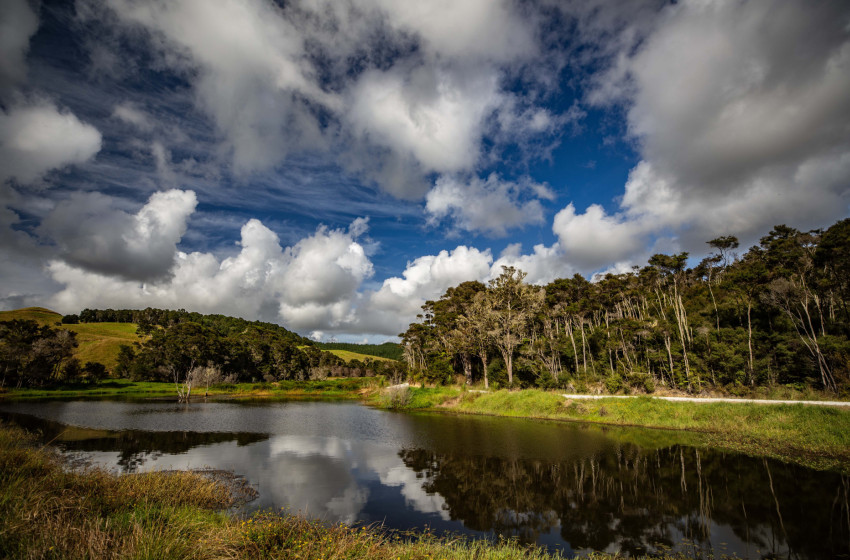New Zealand Fish & Game sees call to remove advocacy as misguided
- 17/10/2024
- Maggie Tait

A call to completely remove Fish & Game’s advocacy function is misguided and fails to understand the role the organisation plays, says Fish & Game New Zealand chief executive Corina Jordan.
Recently Southland Federated Farmers encouraged farmers to stop anglers and game bird hunters using their land because the organisation is unhappy with a recent court outcome.
Fish & Game operates under a federal structure with 12 regional Fish & Game Councils that operate autonomously and have their own advocacy functions.
“Frustration over a particular case that involved 25 different parties over eight years is understandable, but it makes no sense to lay that complexity at the feet of Southland Fish & Game.
“Being unhappy with a court case isn’t a justification to silence others. In fact, it is healthy to have a wide range of perspectives when it comes to identifying the value of having healthy rivers and streams.
“Court proceedings and Resource Management are a small part of what Fish & Game does; and advocacy is about far more than that.
“Advocacy is about building relationship, being engaged with communities and supporting their needs and speaking for fishing and hunting values.
“To remove Fish & Game’s advocacy function would mean anglers and hunters would not be represented and that would result in an imbalance where other organisations continued to advocate for their stakeholders.
“Being able to advocate for the views of a community is important in wider conversations to find enduring solutions that benefit New Zealand.
“We do have a role to play, Fish & Game has been responsible for securing 12 of the 15 Water Conservation Orders currently in place for 13 rivers and two lakes across the country.
“Licence holders and everyday New Zealanders including farmers tell us that’s important to them.
“We need to work with the primary sector, central and local government, mana whenua, and catchment communities to find enduring and pragmatic solutions.”